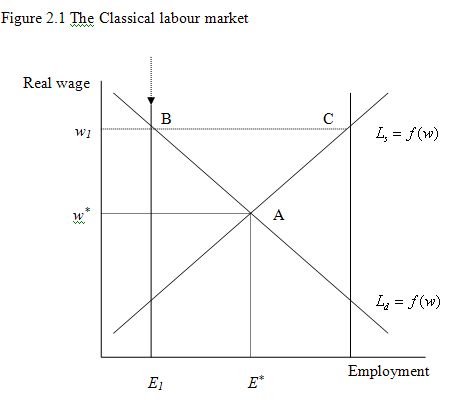
As China's population ages and the younger generation leave to find work in areas across the country, a number of elderly family members are being left behind.
Zhang Lanzhu, 84, for example, was finding it difficult to care for himself without help. His care problems were solved when he was sent to a united elderly nursing center, which has special medical staff to take care of him.
Zhang, once a farmer in northern China's Hebei province, has a son and a daughter. His wife died many years ago, while his son works in Beijing and the daughter is married, so he was left alone at home.
The Longrl elderly service center where Zhang lives and a nearby affiliated hospital were founded in July last year by Li Zhongmin, general manger of Hengshui Longrl Technology Industrial, a private lighting equipment producer.
The center and hospital solves both the nursing and medical needs of many seniors, and it is a new model being explored to help the country's huge aging population.
"The center can host 180 elders. Construction of a second phase will start in July with 140 more beds," said Li.
The population at or above 60 years of age hit 202 million in China by the end of 2013, 15% of the population. The figure is expected to exceed 300 million by 2025. Two thirds of them live with an illness, and more than 36 million of them are unable, to some extent,to take care of themselves in daily life.
By 2020, the country will have an improved system covering daily attendance, medical care, psychological counseling and emergency aid, according to the central government plan unveiled in September. The combination of healthcare and elderly services is one of the targets. Current elder services are far from meeting their demands.
"Nursing centers cannot meet the medical and nursing service demand. Few medical institutions have entered the field," said Guo Shuqin, president of the Baoding No.1 Central Hospital. "An integrated model of elderly nursing and healthcare should be explored."
The new model has gained popularity. An elderly care center affiliated to the Jinzhou Workers' Hospital in Hebei's Jinzhou city, is full and cannot meet market demand, according to Wu Dianhua, owner of the private hospital and elder center.
"I plan to purchase six hectares of land to build new hospital and care facilities with a capacity of 700," said Wu.
The new model is being promoted in other regions, including Jiangsu province and Xinjiang Uygur autonomous region.
"Hospitals and private investors should be encouraged to participate in the promotion of the new model," said Duan Huijun, vice president of the Hebei Medical University.
To prepare for the care boom, the government should provide more supporting policies in land use, taxation and financing, said Li Zhongmin, who complains about difficulty he faces in getting bank loans.
The key to promoting the combined elder service model lies in fund raising and social insurance arrangements, said Ma Xu, of the National Health and Family Planning Commission. "The government is supporting enterprises which are active in investing in the sector, but more support is needed," he said.
New elderly service model booms in aging China|Society|News|WantChinaTimes.com
@TaiShang










